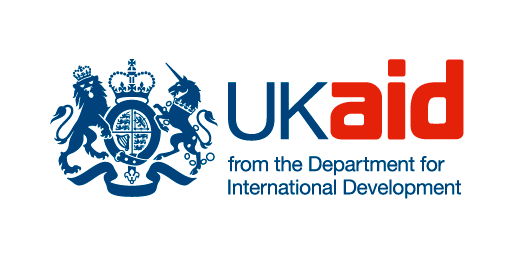General description
Despite India’s rapid economic growth, there
are still substantial development challenges in the poorer parts of India.
DFID India is responsible for a programme of development cooperation with
Indian partners worth £280 million per year. Focused mainly on the states of
Bihar, Madhya Pradesh, Orissa, and West Bengal, the programme includes work in
health, education, governance, infrastructure, rural livelihoods, and urban
development. In all these areas, we focus particularly on women and girls. A
new programme of work to support private sector development to deliver jobs,
products, infrastructure and basic services is being designed. There is an
innovative cross-departmental unit on climate change housed within DFID.
DFID India works in partnership with
government, international organisations, civil society and private sector. The
90 staff based in our New Delhi office (co-location with the British High
Commission is planned for 2012) work with the Government of India on
nationwide programmes, and with governments in a number of states with
particular poverty needs. The State Offices provide support and local
knowledge.
Sanitation is a key development priority in
India. More than 600 million people practice open defecation. Diarrhoea is the
second biggest killer of children in India, killing 1000 children every day.
Poor sanitation also plays a significant role in respiratory infections and
the poor nutritional status of young children.
While India is officially on-track to reach the water MDG target, the majority
of the poorest people in Bihar, Madhya Pradesh and Orissa do not have access
to a safe and reliable water service. Groundwater in major parts of DFID’s
partner States is prone to arsenic, fluoride, or bacteriological
contamination. Periods of drought and a rising population mean that a high
proportion of existing tubewells run empty, particularly in the dry months.
Climate change will compound this challenge.
In India, DFID is supporting rural WASH
outcomes in a number of ways. The bulk of our WASH support is technical
assistance to improve planning and implementation capacity amongst national
and state government partners. Direct support is through partnerships with
state governments to help deliver a range of health outcomes. We now aim to
scale up significantly the water, sanitation and hygiene components of these
programmes. Indirect support is through our financial assistance to
international agencies like UNICEF, the World Bank-administered Water and
Sanitation Programme (WSP) and WaterAid (registered in India as the Jal Seva
Charitable Foundation).
Globally, DFID’s approach to WASH is led by the
Infrastructure Cadre of advisers. The work of the Infrastructure Cadre is
structured around the following themes:
- Infrastructure to support shared and
sustainable growth
- Pro-poor infrastructure service delivery;
- Infrastructure provision for state building;
- Infrastructure and climate change;
DFID India will contribute around over 20% of
DFID’s total results on sanitation and nearly 10% of results on water in next
four years. As a WASH Adviser you will play a critical role in delivering
this commitment, as well as influencing policy both in India and within DFID.
You will have responsibility for leading a range of strategic WASH tasks with
national and state level programme partners. You will lead and
co-ordinate/oversee WASH projects, and provide high quality inputs to other
programmes – particularly in urban development, education and private sector.
You will share learning on WASH effective strategies with colleagues working
on other behaviour change initiatives (eg in nutrition).
DFID India has a reputation for corporate
excellence. A high value is placed on good financial management, efficient
systems, and clear communication.
 Water Sanitation & Hygiene Adviser
Water Sanitation & Hygiene Adviser